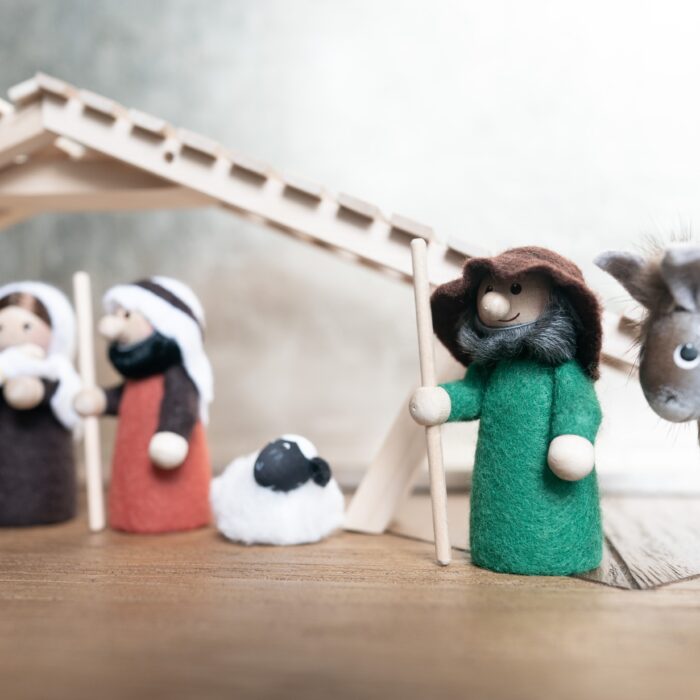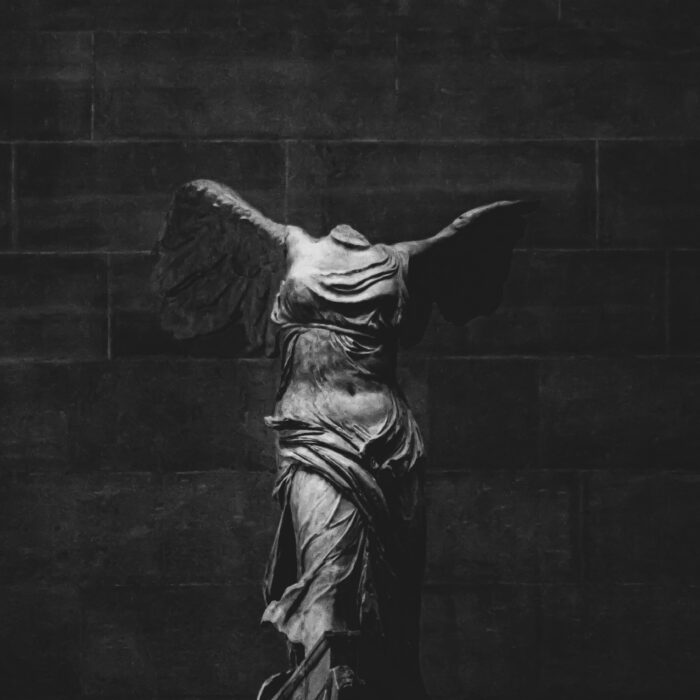You have no items in your cart. Want to get some nice things?
Go shopping
In the fourth grade, boys in the town of Huntington Harbor started to notice which girls were getting tits and who looked like Farrah Fawcett. They divided the girls into two categories: “peach” for the burgeoning hot ones, or “dog.” Such was the case with Rosie Goldstein.
It hurt Rosie that most of her friends were peaches, the Christies and Kristys she’d hung out with since the second grade because they lived in the same gated community. Christies and Kristys had long, straight, blonde hair. Rosie’s was auburn and curly — Jew hair, a fact noted but not given importance, so Rosie thought — in the second grade. By the ninth grade, Christies and Kristys had perfect boobs to go with the blonde hair. Rosie did not yet have a waist. Not in the fifth grade, when they took their measurements for home ec, and Rosie’s chest assessment came in two inches smaller than her waist; and not by the ninth, when Trey Godford pushed her from behind in the hallway between geometry and French II and said, “Goldstein, you dog.”
Rosie lived for stories where the fat girl went away for the summer and came back slinky. But Rosie wasn’t fat. Rosie Goldstein was a dog.
Rosie felt a rough rumble in her throat. At the same time, she heard a deep growl, but didn’t put the two together until she saw fear leaking from the corners of Trey’s blue eyes. She lunged. The bones of Trey’s skull crunched wonderfully in her mouth. His blood tasted like currants. She watched him stagger in the hall like a decapitated chicken and wanted more. She leapt, sank her teeth, shook him like a slipper.
Christies screamed. Kristys fled, splotches of red clashing with the delicate pastels of their Gloria Vanderbilt tops. “Oh my Go-od!”
Rosie loped playfully after them, dropping what was left of Trey to nip at their neat butts and pretty ankles. She chased them past Mr. Enrique’s English class, down the main staircase, toward the front entrance. At the door to Mr. Hurdy’s Social Studies, Rosie paused, arrested by the scent of saltwater clinging to a boy’s skin.
Tommy Ray sat alone in the classroom, a buoy in a sea of desks. He looked up from his Surfer Magazine to take in the huge, russet hound panting in the hallway. “Whoa.”
Rosie Goldstein padded on all fours to Tommy Ray, rested her triangular head in his confused lap, and whimpered slightly when he scratched behind her ears. The Star of David hanging from her collar banged against his knee.
Alle C. Hall
Alle C. Hall’s work appears in Dale Peck’s Evergreen Review, The Lascaux Review (Finalist for The Lascaux Prize), Tupelo Quarterly, Creative Nonfiction Magazine, Another Chicago Magazine, Necessary Fiction, Brevity (blog), Literary Orphans, and The Citron Review. She placed first in The Richard Hugo House New Works Competition, is a Best Small Fictions and Best of the Net nominee, and finalist or semifinalist in the contests of Boulevard Magazine, Creative Nonfiction Magazine, Hippocampus, and Memoir Magazine. She is the former Associate Editor of Vestal Review. Claim to fame: interviewed Leonard Nimoy. He was a bit of a pill; disappointing.
- Web |
- More Posts(1)




